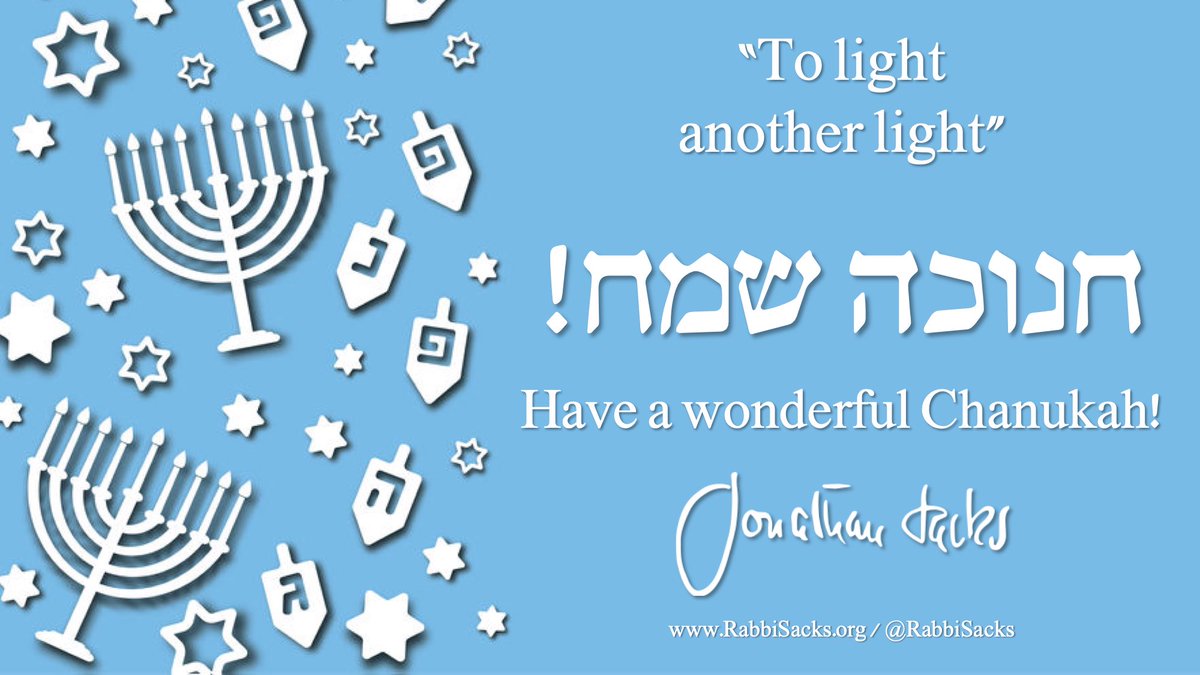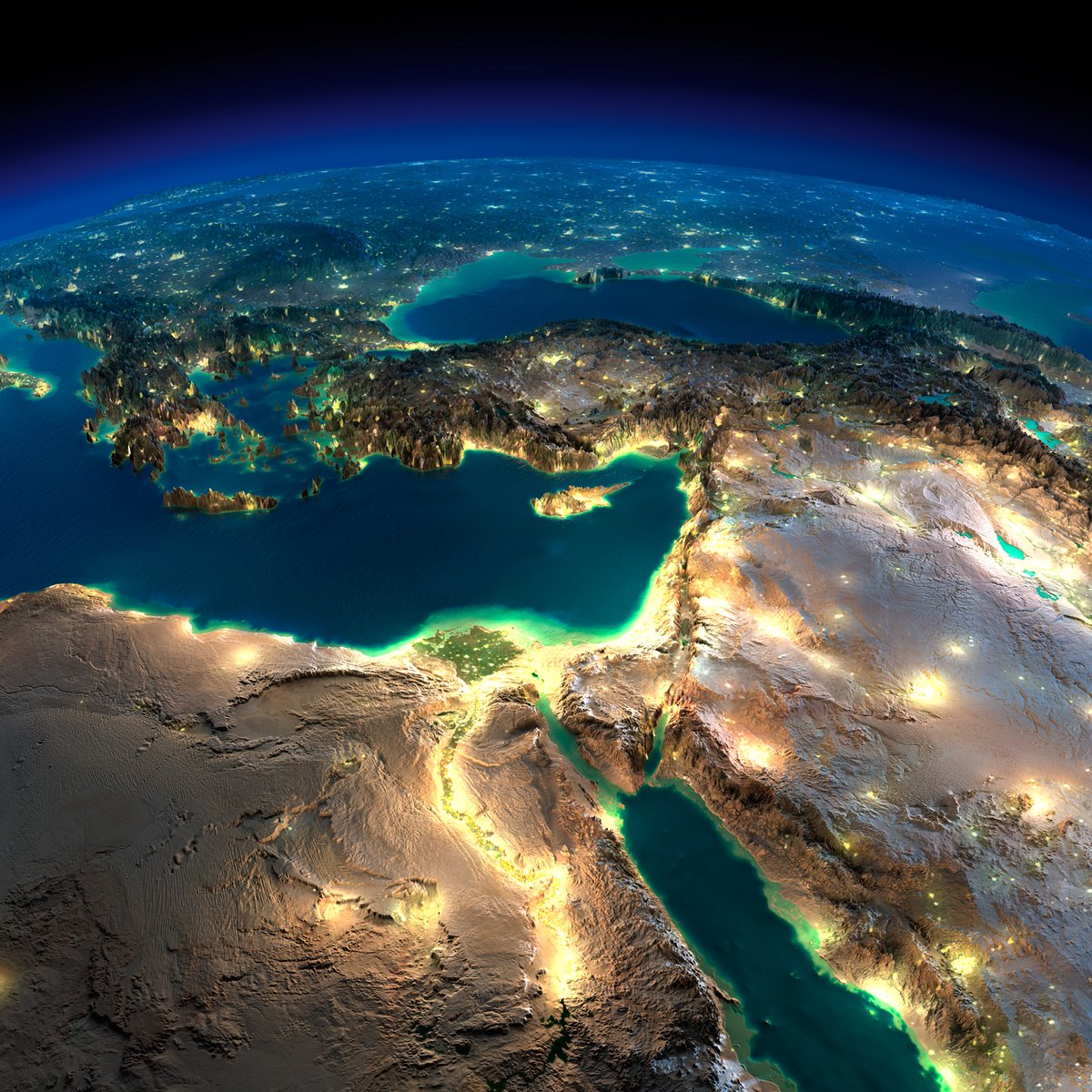Here is a short thread as we light the candles for the eighth and final night of #Chanukah 🕎 called 'To light another light'. Chanukah sameach! 🥳 

There’s a fascinating argument in the Talmud. Can you take one Chanukah light to light another? Usually, of course, we take an extra light, the shamash, and use it to light all the candles.
But suppose we don’t have one. Can we light the first candle and then use it to light the others?
Two great sages of the third century, Rav and Shmuel, disagreed. Rav said No. Shmuel said Yes. Normally we have a rule that when Rav and Shmuel disagree, the law follows Rav. There are only three exceptions and this is one.
Why did Rav say you may not take one Chanukah candle to light the others? Because, says the Talmud, ka mach-chish mitzvah. You diminish the 1st candle. Inevitably you spill some of the wax or the oil. And Rav says: don’t do anything that would diminish the light of the first.
But Shmuel disagrees, and the law follows Shmuel. Why?
The best way of answering that is to think of two Jews: both religious, committed & living Jewish lives. One says: I mustn't get involved with Jews who are less religious, because if I do, my own standards will fall. I’ll keep less. My light will be diminished. That’s Rav's view.
The other says No. When I use the flame of my faith to light a candle in someone else’s life, my Jewishness is not diminished. It grows, because there is now more Jewish light in the world.
When it comes to spiritual goods as opposed to material goods, the more I share, the more I have. If I share my knowledge, or faith, or love with others, I won’t have less; I may even have more. That’s the view of Shmuel, and that is how the law was eventually decided.
So share your #Judaism with others. Take the flame of your faith and help set other souls on fire. #Chanukah sameach!
• • •
Missing some Tweet in this thread? You can try to
force a refresh









